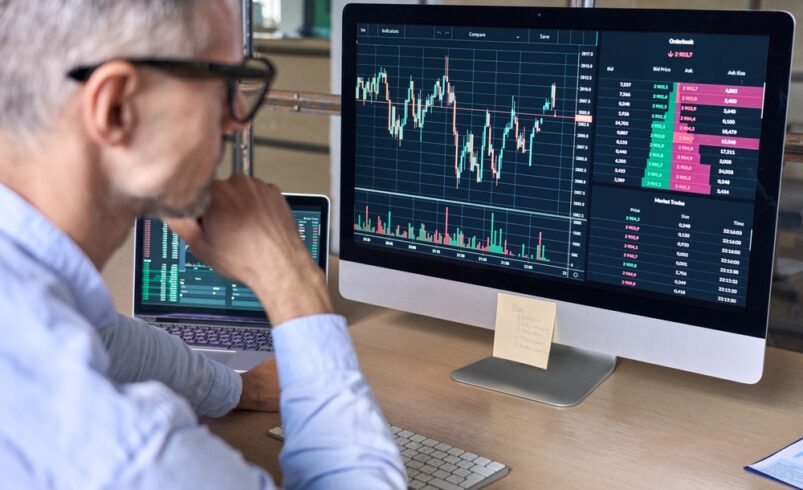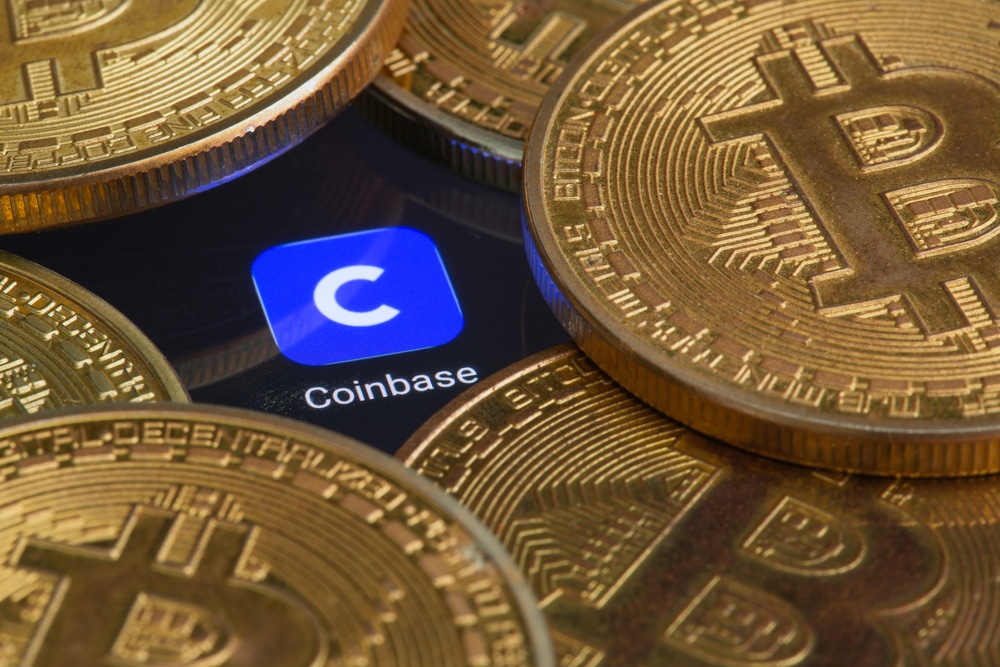What You Need to Know About Crypto Trading Aggregators

In this guide, you will gain insights into what a crypto trading aggregator serves to do, how it functions, and why traders might find it beneficial.
The latest data shows roughly 22,932 distinct cryptocurrencies exist, traded across many exchanges, each with centralized or decentralized features. This makes the cryptocurrency trading environment fragmented and challenging, impeding wider adoption of these digital assets.
Even for traders with significant experience, the multitude of coins, tokens, and unique trading pairs on various exchanges can be overwhelming. This complexity is further compounded when considering factors like liquidity and fees. It’s in this context that crypto trading aggregators play a role.
What is a Crypto Trading Aggregator?
At its core, a crypto trading aggregator is a platform designed to consolidate data from several exchanges. It aims to offer a unified view of the market to the user.
These aggregators don’t merely display real-time prices from various exchanges; they also enable users to execute trades through a unified interface. The platform connects to multiple exchange APIs to fetch essential data, which is then processed and displayed in an organized manner. The types of data an aggregator typically monitors include:
Current Prices: Bid and ask prices for each trading pair across all linked exchanges.
Liquidity: The volume of specific assets being traded on each platform.
Fees: Charges applied by each exchange for executing trades.
Some platforms may also offer historical data, such as past trading volumes and prices, to help users understand market trends comprehensively.
Why Consider Using a Crypto Trading Aggregator?
Several factors make using an aggregator worthwhile, whether for traders experienced in the field or those new to cryptocurrency. These include:
Streamlined Trading: One of the primary utilities of an aggregator is offering a single interface for trading a range of digital assets. This eliminates the need to manage multiple accounts on different exchanges, saving time and reducing complexity.
Price Comparison: Aggregators make it easier for users to identify optimal prices for trading assets by collecting real-time price data from multiple exchanges and presenting it in one location.
Fee Information: By displaying the fees of each exchange, aggregators can assist in making more economical trading decisions.
Liquidity Overview: Most aggregators also provide information about asset liquidity on different exchanges, which can be a valuable indicator of the ease of trading a particular asset.
Cross-Chain Interactions in Digital Asset Trading
Crypto trading aggregators are gaining relevance not just in centralized trading platforms but also in the sphere of decentralized finance (DeFi).
In the complex and fragmented world of DeFi, aggregators have an essential role in amalgamating multiple decentralized exchanges (DEXs). Given that each DEX operates with specific tokens, trading pairs, and order books, the necessity of aggregators becomes more evident.
DeFi protocols often function on different blockchain networks, adding another layer of complexity to trading across these platforms.
Some crypto trading aggregators address this issue by offering cross-chain features. For example, one aggregator collates data from over 70 DEXs and enables transactions across seven blockchains through a single interface. This capability increases the probability of finding more cost-efficient trading options while reducing the intricacies involved in cross-chain transactions.
A noteworthy benefit is eliminating the need for blockchain bridges to perform token conversions. This feature lets users directly trade between any two assets, making DeFi operations more straightforward and secure.
Final Thoughts
For digital currencies to achieve widespread adoption, ease of use is crucial. Trading aggregators contribute to this aspect by simplifying the transaction of multiple assets. They also monitor and provide data on prices and liquidity across various exchanges, aiding users in making informed trading decisions, even in the DeFi environment.
In summary, crypto trading aggregators are likely a significant factor in the continued development of the digital asset markets.
DISCLAIMER: It's essential to understand that the content on this page is not meant to serve as, nor should it be construed as, advice in legal, tax, investment, financial, or any other professional context. You should only invest an amount that you are prepared to lose, and it's advisable to consult with an independent financial expert if you're uncertain. For additional details, please review the terms of service, as well as the help and support sections offered by the provider or promoter. While our website strives for precise and impartial journalism, please be aware that market conditions can shift unexpectedly and some (not all) of the posts on this website are paid or sponsored posts.








